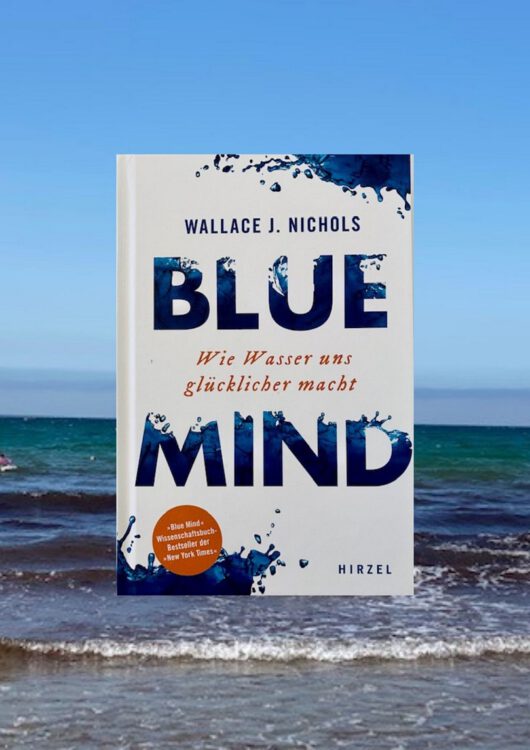

The result was his book Blue Mind: The Surprising Science That Shows How Being Near, In, On, or Under Water Can Make You Happier, Healthier, More Connected, and Better at What You Do. Soon it became clear to him that the literature was lacking and after years of research, including bringing together leading neuroscientists and water people, Nichols created an analysis of the relationship between “the complex brain and the simple element of H2O”. Having noticed this on a personal level, in those around him and through his work as a marine biologist, Wallace J Nichols sought to learn more about the link between humans and the marine environment.

The positive impacts of blue spaces can be felt by anyone, anywhere, as long as they’re interacting with clean, safe and healthy water. An enlightening discussion which we learnt plenty from and thoroughly enjoyed, we hope that you find value in discovering more about ‘blue mind’ and how to access it, even if you don’t live near natural bodies of water. Plus, about Nichols’ latest project, which explores the interconnectedness between humans. In our conversation we were excited to learn about why it’s important to access blue spaces, how this impacts the human psyche, how this in turn influences environmental conservation efforts and how using ‘blue mind’ to give back to people and planet can help us to benefit both as individuals and as a species.

Nichols’ work has been pioneering in its ability to help people articulate the impacts of spending time near, in, on or under water and has been a huge source of inspiration for us and many others that advocate spending time in blue spaces. Last year we were fortunate to sit down with academic and marine biologist Wallace J Nichols, author of Blue Mind.


 0 kommentar(er)
0 kommentar(er)
